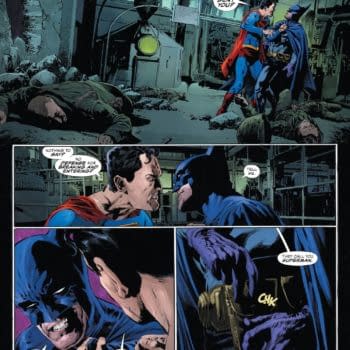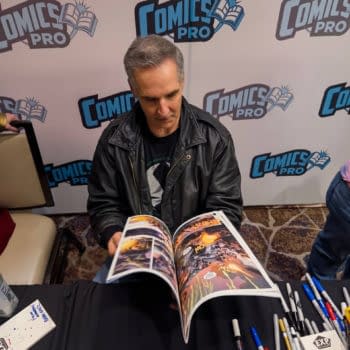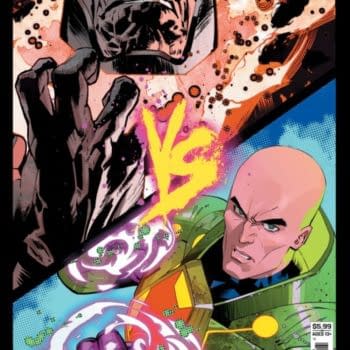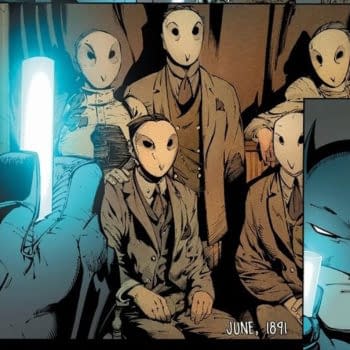Posted in: Comics | Tagged: cbldf, comic book legal defense fund, comicon, eric powell, san diego, sdcc, terry moore, Tim Seely
Artists Close out SDCC Sunday with a Discussion on Book Banning
Dustin Hall writes for Bleeding Cool:
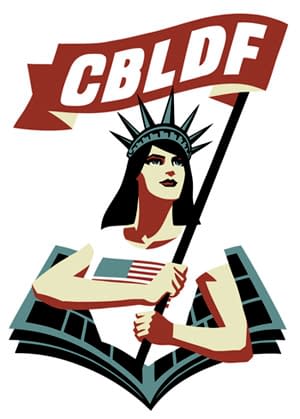
This year, the panel brought together the collective might of Jeff Smith (Bone), Terry Moore (Strangers in Paradise), Eric Powell (The Goon), Chris Burnham (Elephantmen), Tim Seele (Hack/Slash) and Jeff Brown (Incredible Change-Bots). Their collective message was one of individual parent rights, which would then lead to creative rights. Parents, it was stressed, absolutely have the right to say that something is inappropriate for their child to have, the problem comes from when a parent is so offended that they then believe that no one's child, or sometimes even adults, should be able to access the media. The Government should never have to step in and ban a work of art, rather, the free market would do so itself.
Jeff Smith, who's own light and cartoony Bone has been nearly banned numerous times because of Smiley Bone's smoking, chimed in. "I understand that people are different, and think their kids shouldn't have certain things. I don't think kids should have cellphones, but I'm a cranky old man." However he recognized the individual choices of the parents to decide what was appropriate, or not, for their children. Bone was just one of many comic or illustrated works that were discussed that had been, at one point, been banned or under review for a possible ban, be it from schools, book stores, or libraries. Others included Amazing Spider-Man Revelations, Batman: The Killing Joke, Blankets, Dragon Ball, Maus, and In the Night Kitchen.
Maruice Sendak's In The Night Kitchen came up several times, as nudity on the page became the forefront of discussion. Terry Moore was very frank in speaking about how Strangers In Paradise got a reputation as a pornographic book for having even just realistic discussions about sexuality, even if it didn't actually depict nudity in the issues. "I can eviscerate a character and show you his guts, kill him in the most depraved ways, but I can't show you this girl's nipples." Does the presence of nudity automatically make something sexual? The Dragon Ball Manga is also banned in many places because it depicts young Goku's penis after he gets out of the tub. "Anyone who thinks of Goku's little acorn penis as something sexual or threatening has a problem." Powell chimed in.
Typically, it was said, comics have not had to fight as much lately because of the rise of other mediums to the forefront, particularly video games. Video games have had to learn from the hard lessons of the comic industry to rate and regulate themselves, lest they be regulated by something similar to the Comics Code Authority. And yet, in some places the battle still rages on.
"Art exists as a safe place to discuss things. To encounter and deal with emotions, before they are eventually encountered in the real world." This important function is what the CBDLF seeks to preserve. The panel concluded with an auction of art from the contributors, featuring characters from Batman to Bone to EC's Crypt Keeper, a reminder of the mass gelding of comics that happened in 1955 due to overzealous censorship.









